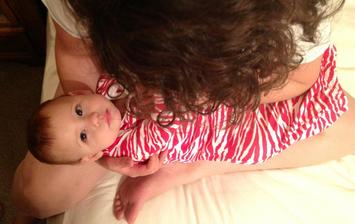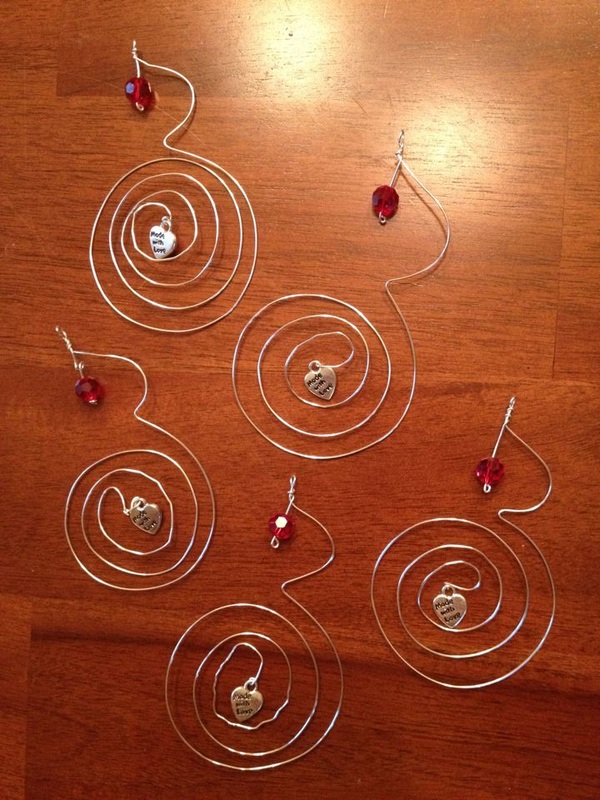1. It is just so much smaller and more simple (read: less intimidating to the new - and sleepy - mom in you)
2. Much less expensive than those fancy shmancy electric pumps
3. The learning curve is easier with a hand pump
4. Many women get more milk, faster, with a hand pump than with an electric pump
5. There aren't a bazillion tubes and pieces to worry about and set up before you're ready to pump
6. You don't need to be near an outlet, or use batteries either, so you can literally pump anywhere (Trust me, I've done it - I've pumped in a neonatal resuscitation class because I couldn't miss anything but still needed to pump. I even pumped in the bathroom in one of my client's rooms while she was in labor - it was great that I could pop in there, pump real quick, and get back to providing labor support in a flash!)
7. You can pack it in your bag for the hospital so that just in case for whatever reason your baby doesn't get to be with you right away you can already start pumping and stimulating your milk production instead of waiting to see how long your baby will be away and if you're going to need a hospital grade pump. Also in case it takes your busy nurse a while to get an order for a pump from the hospital, and then even longer for that pump to end up delivered to your room
8. If you are super engorged and so your baby is having a hard time latching, it is much easier to just grab your hand pump and express/pump a little milk to soften your breast just enough for your baby to be able to latch, instead of having to get your whole electric pump out and set up and ready to pump, with a hungry and crying baby right there waiting for his lunch
9. The first few times you are away from your baby for a few hours, toss your hand pump in your purse and take it along with you just in case you unexpectedly get painfully "full" or end up out longer than you expected. Having that pump right there with you allows you to be so much more flexible without having to lug around a whole other bag with a heavy electric pump and all its parts and pieces (not to mention find somewhere discreet and comfortable to plug it in and pump wherever you happen to be)
10. You have direct control over how fast or how slow to pump. The rhythm you find yourself pumping at may even be more similar to your baby's sucking pattern, so you could get more and better let-downs of milk than you might with an electric pump where you have to just keep playing with the settings
11. Whenever you travel by air and need to take your pump along, you can have your little hand pump right in your purse and airport security won't even have to check it out because it doesn't have a motor to make them suspicious
12. You won't feel like you're being "milked like a cow" because you'll be the one in control and doing the actual expressing/pumping
13. If you end up actually NEEDING an electric pump because you and your baby are unable to nurse and you are going to spend any time pumping exclusively, you'll want to be using a hospital grade pump anyway, so you'll be glad you didn't spend the money on a regular electric pump that's just going to sit in your closet (at least that's where my electric pump now lives - and yes I did need a hospital grade pump for the first week or so of my daughter's life)
If you're like me, you'll try your hand pump once and never look back! If anyone had told me to just get a hand pump in the first place I would have skipped the electric pump altogether and maybe spent the money on something more essential (or more cute and fun!) instead.
Click here to see the hand pump I have.
Here's the one I might get in the future. Not the best reviews in the world, but I've seen it in action and want it!





 RSS Feed
RSS Feed